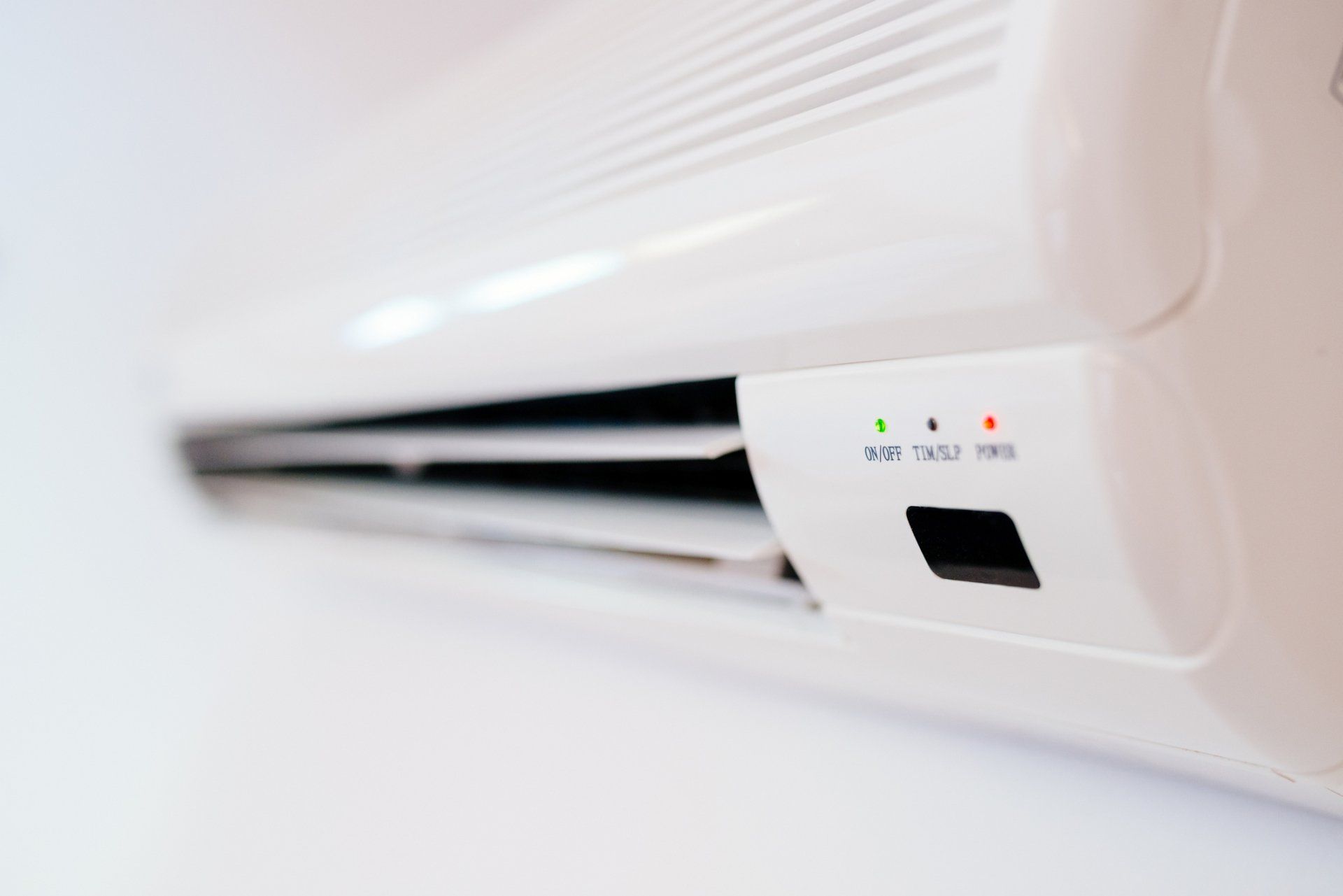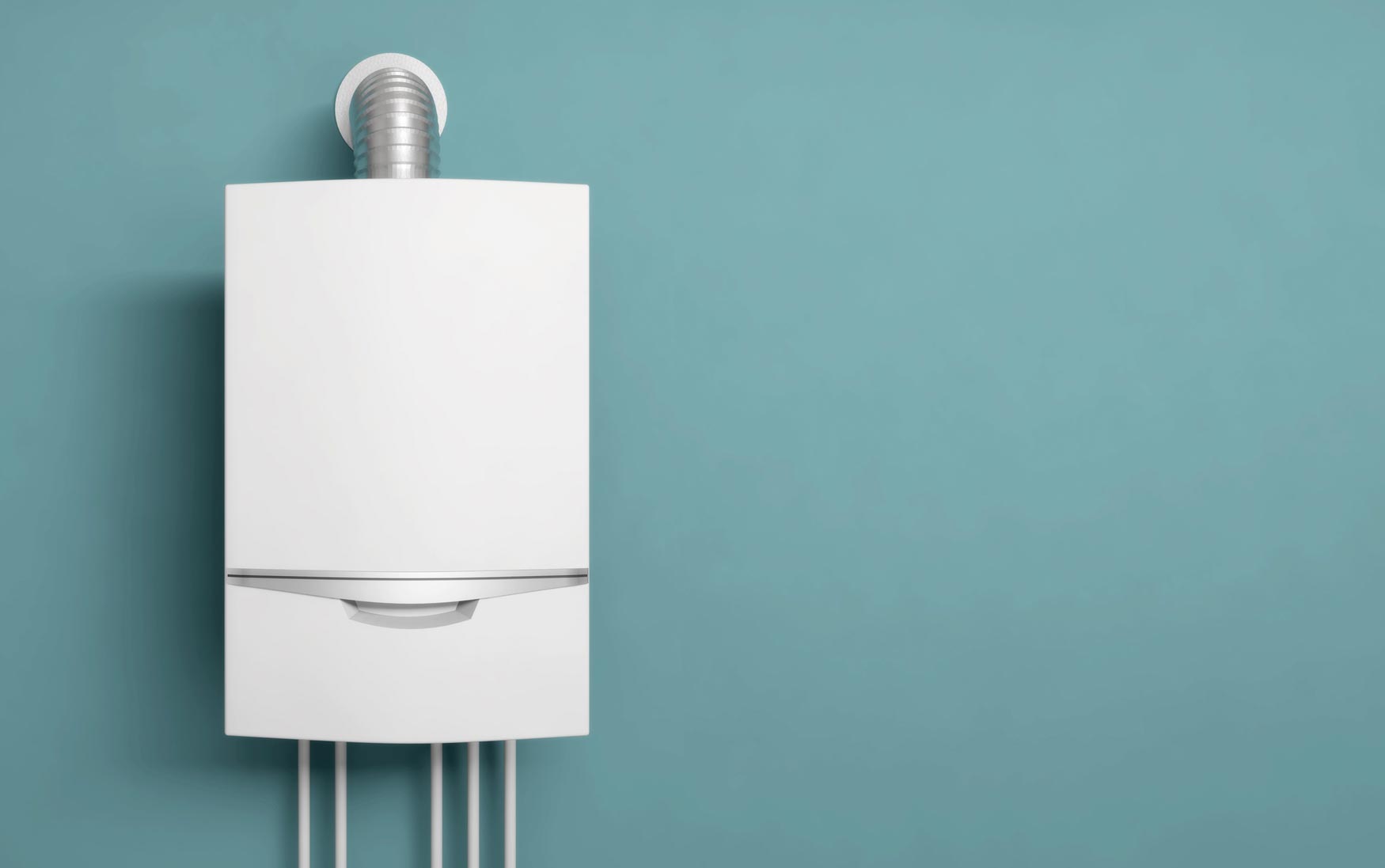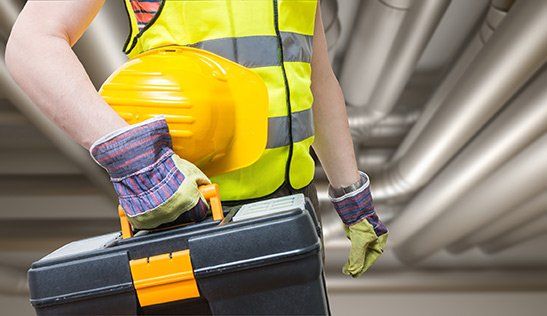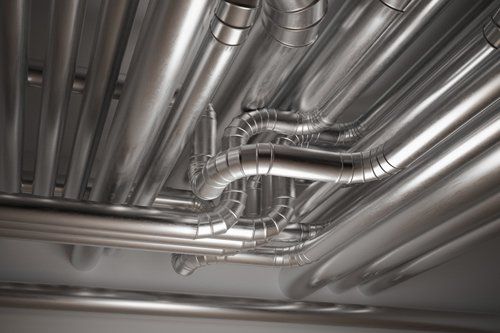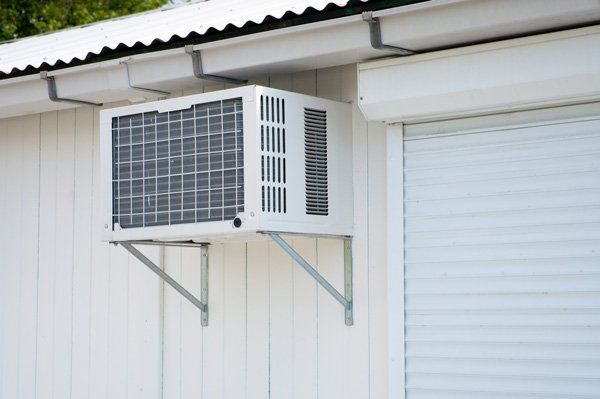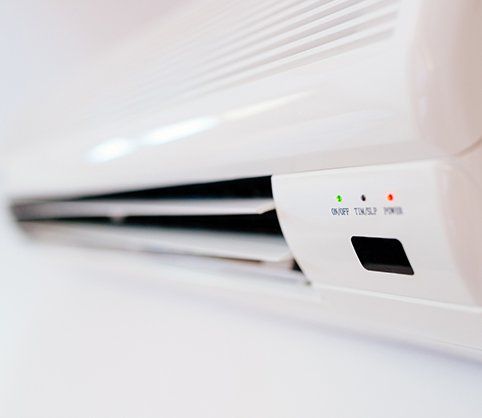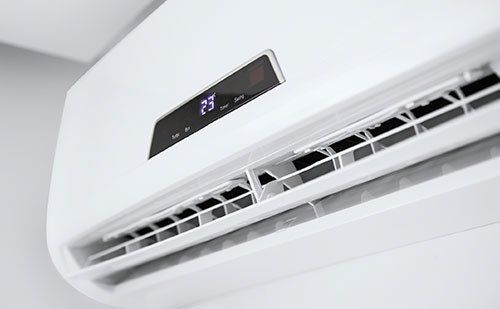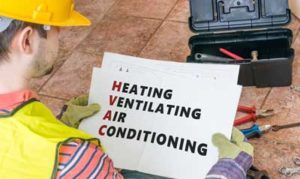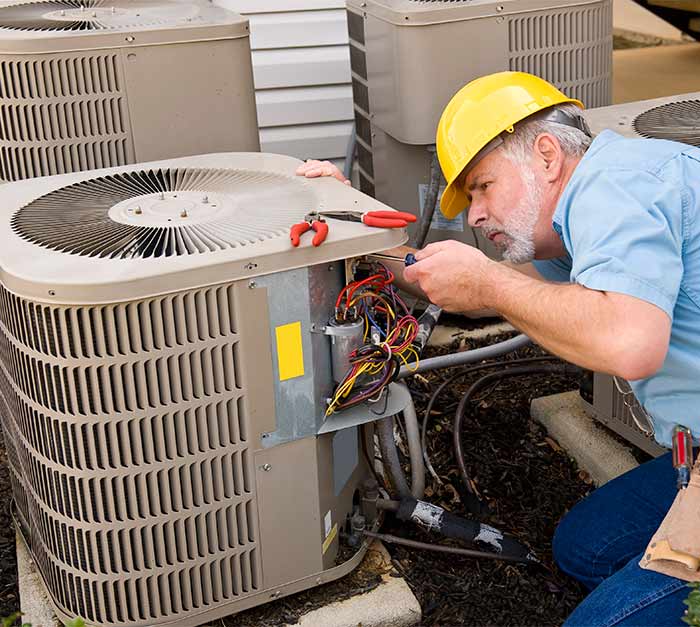
Switching to a new form of home heating is often intimidating to homeowners. Many homeowners are worried that their unfamiliarity with the equipment will lead to missed maintenance opportunities and other mistakes. However, many forms of efficient home heating, such as heat pumps, require little maintenance from the homeowner and the same attention from a technician that an air conditioner receives.
Know the facts about maintaining a heat pump before you install one in your home. Despite being able to provide both heating and cooling processes, heat pumps are surprisingly easy to keep running with just a little professional maintenance.
Verify Electrical Connections
Since almost all of the heat pumps used in residential applications are electric models, it only takes one loose wiring connection to result in a lack of heating and cooling. An experienced service technician will go through both indoor and outdoor units and quickly wiggle each wire, while the system is disconnected from the power supply, to verify a sturdy connection.
Replacing any wiring with cracked insulation or a loose connector during a biannual professional maintenance visit takes only a few minutes for a professional. Yet that small investment can pay you back exponentially when the system keeps running smoothly during heat waves and cold snaps alike.
Adjust the Thermostat
Heat pump compatible thermostats need the same kind of annual tune up and adjustment as any models attached to standard furnaces or air conditioners. Since a heat pump is capable of producing both heating and cooling power depending on the mode it's in, the thermostat needs appropriate wiring so you can properly switch between the two modes.
Inaccuracies at the thermostat leads to an uncomfortable home and higher energy bills. Fine-tuning your heat pump controls allows you to get the best performance from the system regardless of the time of year.
Test Backup Heat
Unlike other forms of heating, heat pumps tend to stop producing enough heat from the standard exchange process at around the freezing point. When outdoor temperatures drop that low, homeowners can switch on a backup source of direct electric heating commonly known as auxiliary or emergency heat.
Since this function is rarely used, it deserves extra attention during an annual or biannual maintenance visit. Professionals can check the function of the heating element and potentially clean out any dust or debris that has accumulated since the last use to ensure the homeowner can use emergency heat safely any time they need a little extra warmth.
Replace the Filters
Like all furnaces, air conditioners, and other home HVAC equipment, your heat pump has a few air filters that need changing on a regular basis. In a dusty area, replacement every month
is often necessary, while other homeowners may be able to get away with longer periods between replacements.
Make sure to replace your air filter with one of the same size and thickness. A smaller or larger filter will fit poorly and may let air flow by, while a filter that's too thick increases air resistance and may damage your heat pump. Thinner filters offer less filtration, so using the exact size and thickness of filter recommended by the manufacturer is best.
Clean the Coils
Finally, heat pumps need the condensing coils cleaned at least once a year just like an air conditioner. These coils can produce heat, so fall is a perfect time for setting up a cleaning appointment to make sure your system is ready to keep you warm. Coils tend to accumulate less dust and debris over the winter than over the summer, but a springtime coil cleaning doesn't hurt either.
Get help with keeping your heat pump as efficient and reliable as possible by calling us here at Robert L. Shealy Heating & Air Conditioning. We can handle everything from routine maintenance to full system replacement.
